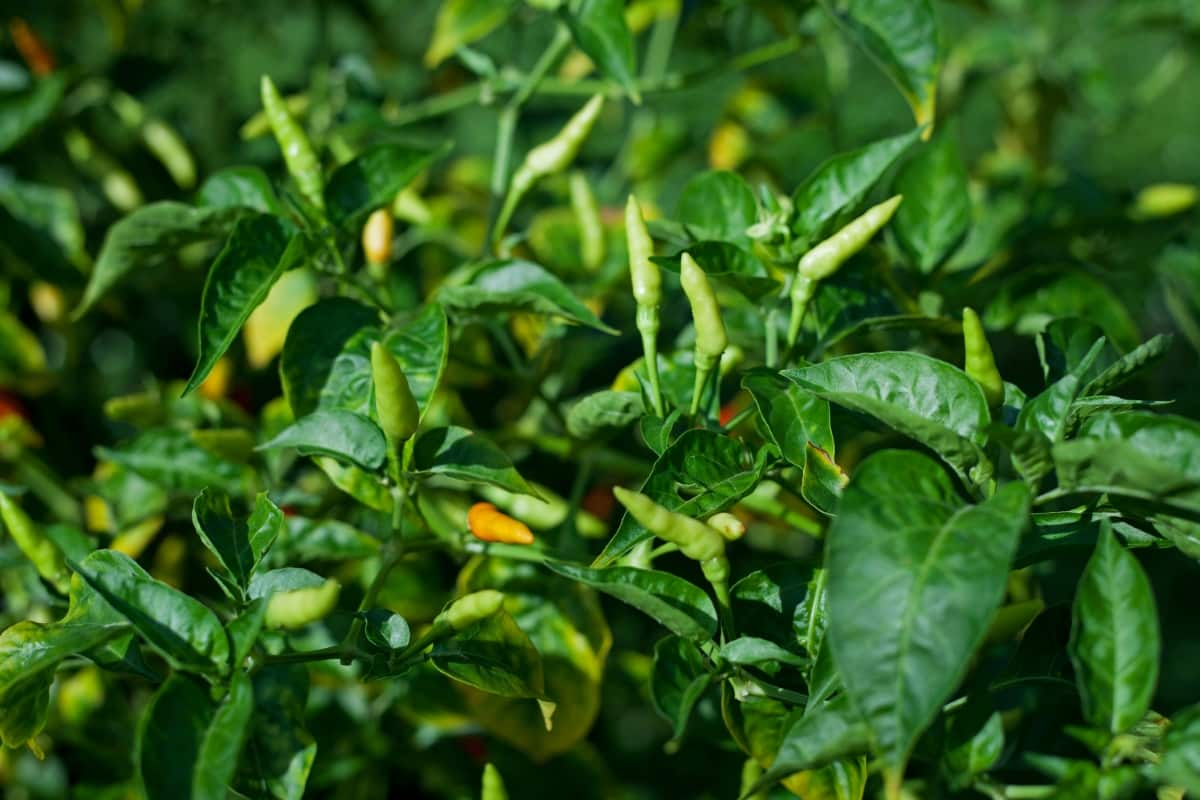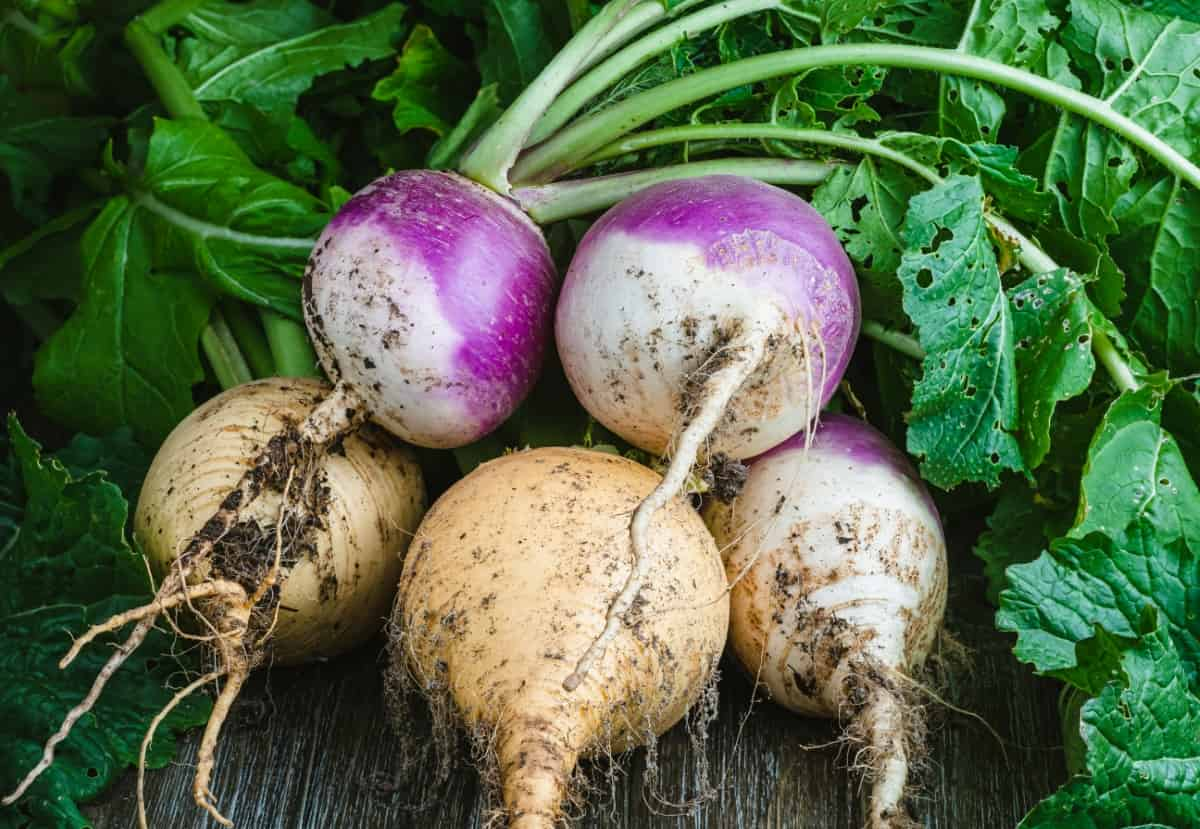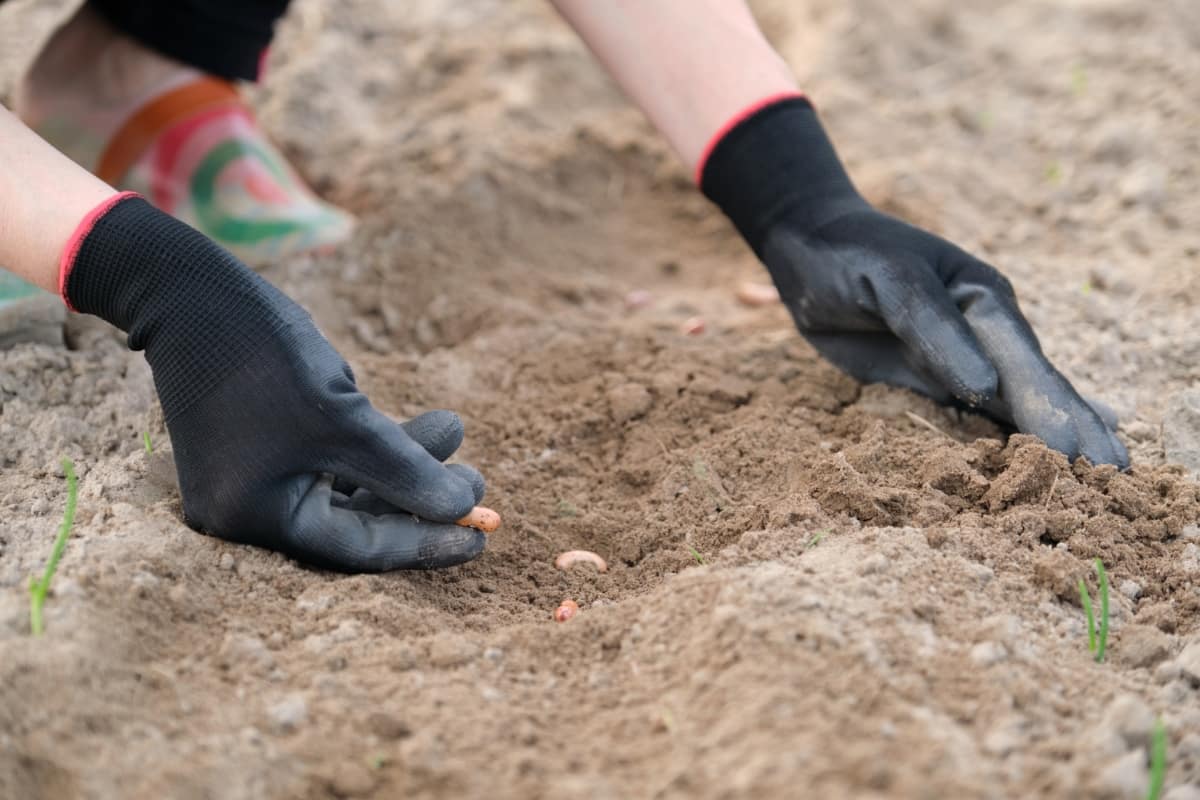With its diverse climate and rich soil, Pennsylvania is a haven for vegetable gardening. Here, you can cultivate various vegetables, from root vegetables to leafy greens and fruits, ensuring rich, healthy produce throughout the year. This is the month-by-month vegetable gardening in Pennsylvania, covering what to plant in September in Pennsylvania, what vegetables grow in winter in Pennsylvania, and other seasonal specifics.
We also dive into the vegetables native to Pennsylvania and which are the easiest to grow in Pennsylvania. If you’re wondering, “What vegetables can I plant now in Pennsylvania?” you’re in for a treat as we break it all down for you.
Best Vegetables to Grow in Pennsylvania
Best Vegetables for Summer Planting in Pennsylvania
The warm Pennsylvania summer offers a fruitful time for gardeners. Some of the best vegetables to grow in Pittsburgh and other regions during summer include tomatoes, peppers, cucumbers, and zucchini. These plants love the heat and will thrive under the full sun. The balmy July weather is perfect for planting heat-loving crops like beans, summer squash, and okra, answering the question of what vegetables to plant in July in Pennsylvania. Remember to water consistently and provide adequate space for each plant to grow.

Top Winter Vegetables to Grow in Pennsylvania
Pennsylvania winters, while harsh, do not preclude the possibility of maintaining a productive garden. Many cold-hardy vegetables will survive and even thrive in the state’s winter months. These include kale, collards, and spinach, which tolerate cold temperatures and become sweeter after a frost. Root vegetables like beets, turnips, and radishes can be cultivated, guaranteeing a consistent availability of fresh produce throughout the season.
In case you missed it: How to Start Corn Farming in Texas: A Step-By-Step Production Guide for Planting to Harvest

Spring Vegetable Planting Guide for Pennsylvania Gardeners
Spring is the time to plant a variety of vegetables in Pennsylvania. As the soil warms up, consider planting lettuce, spinach, and peas, cool-weather crops that can withstand light frosts. Later in the season, as the risk of frost diminishes, plant warm-weather crops such as tomatoes, peppers, and beans. With adequate watering and care, these vegetables will provide bountiful harvests in the summer.
In case you missed it: Best Time to Plant Okra in Florida: Growing in Central, North, South, East, and West Region

Choosing the Right Soil for Growing Vegetables in Pennsylvania
The soil you choose for your vegetable garden can significantly affect your plants’ growth and productivity. In Pennsylvania, vegetables thrive best in well-draining, loamy soil with a pH range of 6 to 7. Improve soil fertility and structure through the incorporation of abundant organic material, such as compost or well-aged manure. This boosts essential nutrients for plant growth and enhances water retention in sandy soils while improving drainage in clay soils.
Essential Tips for Successful Vegetable Gardening in Pennsylvania
Successful vegetable gardening in Pennsylvania requires a well-planned approach. Start by choosing the right location for your garden. It should be in a spot that receives at least six hours of sunlight daily. Ensure your plants have enough space to grow without competition for nutrients, light, or water. Regular watering is essential, particularly during dry spells, and mulching can help retain soil moisture. Implement crop rotation annually to mitigate soil-borne diseases and sustain soil fertility.
Disease-Resistant Vegetables for Pennsylvania Gardens
Choose disease-resistant varieties of vegetables whenever possible to minimize the risk of disease. These include specific types of tomatoes, peppers, cucumbers, and beans, which have been bred to resist common diseases. Moreover, practicing good garden hygiene, like removing and disposing of infected plant material, can also help prevent the spread of diseases.
Organic Pest Control Methods for Vegetable Gardens in Pennsylvania
Pests can be a significant issue for vegetable gardens in Pennsylvania. Organic pest control methods include introducing beneficial insects that prey on common pests, using insecticidal soaps or neem oil, and planting pest-deterring plants. Crop rotation and interplanting different types of crops can also help reduce pest populations by disrupting their lifecycle.
Maximizing Yield: Companion Planting in Pennsylvania Vegetable Gardens
Companion planting can help maximize yield in Pennsylvania vegetable gardens. This ancient practice involves growing certain plants that benefit each other by deterring pests, improving soil health, or enhancing each other’s growth. For example, beans fix nitrogen in the soil, benefiting nitrogen-loving plants like corn. Marigolds can deter nematodes and other pests, protecting vulnerable crops.
Harvesting and Storing Vegetables in Pennsylvania
Harvesting at the right time is crucial for the best flavor and nutritional value. Most vegetables are at their peak when they are fully colored but still firm. Store harvested vegetables in a cool, dark, and well-ventilated area to prevent spoilage. Certain vegetables, such as potatoes and onions, can be preserved for extended periods when properly cured and stored, ensuring a steady supply of fresh produce throughout winter.
Month-By-Month Vegetable Gardening in Pennsylvania
| Month | Vegetables to Plant |
| January | Kale, Collards |
| February | Spinach, Radishes |
| March | Lettuce, Peas |
| April | Tomatoes, Peppers |
| May | Beans, Summer Squash |
| June | Cucumbers, Okra |
| July | Beans, Okra |
| August | Spinach, Radishes |
| September | Lettuce, Kale |
| October | Collards, Garlic |
| November | Overwintering Onions |
| December | None |
This table can serve as a basic guide, but remember that weather conditions vary, and it’s always best to adjust planting times based on local conditions.
In case you missed it: How to Start Winter Vegetable Garden in Northern California

Adjusting Your Gardening Approach for Pennsylvania’s Microclimates
While the primary climate of Pennsylvania is humid continental, there are several microclimates within the state due to its varied geography, which can significantly impact your gardening choices. For example, the regions along Lake Erie enjoy a cooler, more moderate climate, perfect for growing leafy greens and root vegetables.
In contrast, the state’s southeastern corner, including Philadelphia, experiences a warmer climate suitable for heat-loving plants like tomatoes, peppers, and eggplants. Always keep these regional variations in mind when planning your vegetable garden.
Planning Your Garden Layout for Optimal Growth
Designing your garden layout effectively can significantly boost your yield. Raised beds can help improve drainage and make it easier to manage soil conditions. Consider vertical gardening techniques, such as trellises or container-growing plants, if space is limited. Keep taller plants on the north side of your garden so they don’t cast shadows on smaller plants. Similarly, grouping plants with similar water and sun needs can increase efficiency.
Conclusion
Vegetable gardening in Pennsylvania can be an incredibly rewarding experience with many choices across all seasons. Whether you’re planting in the heat of July or wondering about the best winter vegetables, this guide provides an overview of the bountiful opportunities Pennsylvania gardening offers.
You can ensure a rich, healthy yield by choosing the right soil, practicing organic pest control, implementing companion planting, and properly harvesting and storing your vegetables. Remember to adjust your strategies based on the unique microclimates of Pennsylvania and design your garden layout for optimal growth.
- Feed Your Flock for Less: Top 10 Tips to Save on Chicken Feed
- Ultimate Guide to Ossabaw Island Hog: Breeding, Raising, Diet, and Care
- Hatching Answers: The Top 10 Reasons Your Chickens Aren’t Laying Eggs
- Eggs and Economics: Breaking Down the Cost of Raising Backyard Chickens
- Defend Your Greens: Proven Methods to Keep Iguanas Out of Your Garden
- Ultimate Guide to Cinnamon Queen Chicken: A Comprehensive Guide for Beginners
- Ultimate Guide to California Tan Chicken: Breeding, Raising, Diet, Egg-Production and Care
- Ultimate Guide to Marsh Daisy Chicken: Breeding, Raising, Diet, and Care
- 10 Types of Chicken Farming Businesses You Can Start for Profits